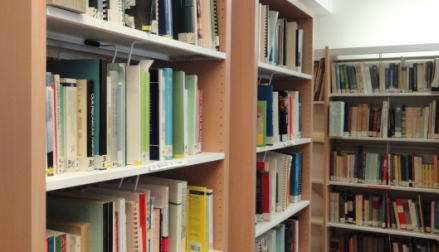| Titre : |
Positive interactions and interdependence in plant communities |
| Type de document : |
livre |
| Auteurs : |
Callaway, R.M. |
| Editeur : |
Dordrecht : Springer |
| Année de publication : |
2007 |
| Importance : |
415 p. |
| ISBN/ISSN/EAN : |
978-1-4020-6223-0 |
| Langues : |
Anglais (eng) |
| Mots-clés : |
Plant communities Plant interactions |
| Résumé : |
Positive interactions and interdependence in plant communities offers a new look at an old problem - the nature of the communities. This book marshals ecological literature from the last century on facilitation to make the case against the widely accepted "individualistic" notion of community organization. Clearly, many species in many communities would not be present without the ameliorating effects of other species. In other words, communities are not produced only by summing the population ecology of species. Concepts covered include the idea that positive interactions are more prevalent in physically stressful conditions, species specificity in facilitative interactions, indirect facilitative interactions, how facilitation contributes to diversity-ecosystem function relationships, and potential evolutionary aspects of positive interactions. |
| En ligne : |
http://www.springer.com/in/book/9781402062230 |
Positive interactions and interdependence in plant communities [livre] / Callaway, R.M. . - Dordrecht : Springer, 2007 . - 415 p. ISBN : 978-1-4020-6223-0 Langues : Anglais ( eng)
| Mots-clés : |
Plant communities Plant interactions |
| Résumé : |
Positive interactions and interdependence in plant communities offers a new look at an old problem - the nature of the communities. This book marshals ecological literature from the last century on facilitation to make the case against the widely accepted "individualistic" notion of community organization. Clearly, many species in many communities would not be present without the ameliorating effects of other species. In other words, communities are not produced only by summing the population ecology of species. Concepts covered include the idea that positive interactions are more prevalent in physically stressful conditions, species specificity in facilitative interactions, indirect facilitative interactions, how facilitation contributes to diversity-ecosystem function relationships, and potential evolutionary aspects of positive interactions. |
| En ligne : |
http://www.springer.com/in/book/9781402062230 |
|  |



